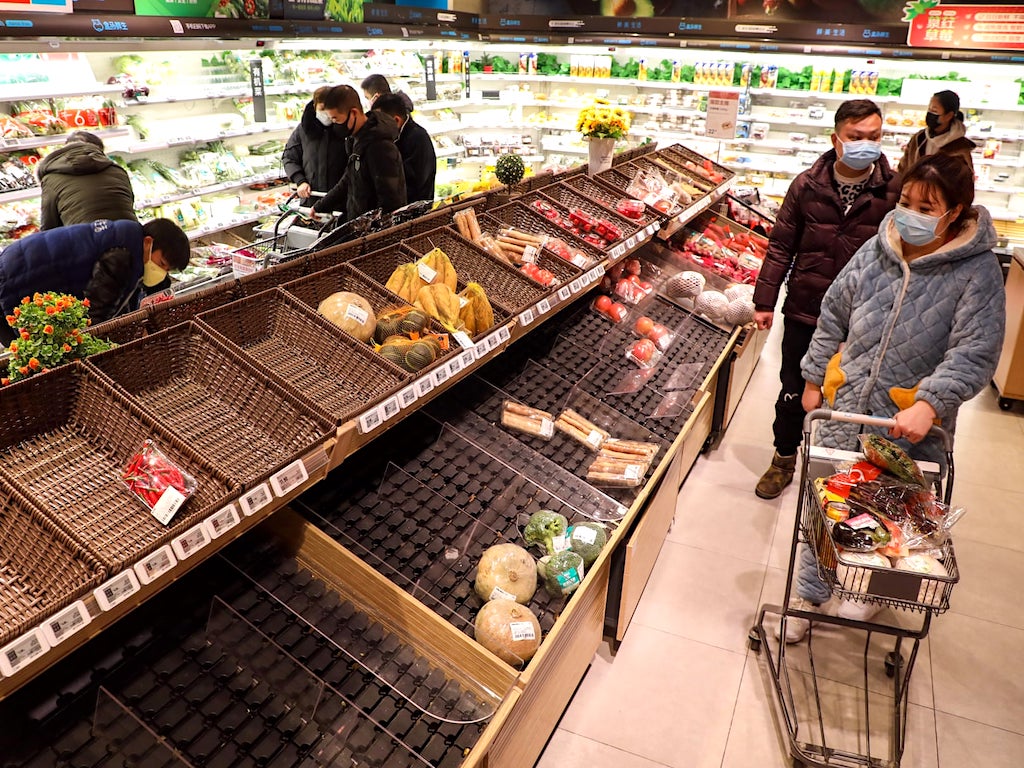3 Mins Read
Some of the current measures by national governments around the world to stem the spread of the coronavirus pandemic could cause global food shortages, says the United Nations Food and Agriculture Organisation (FAO). Speaking to the Guardian, the chief economist of the agency Maximo Torero says that while lockdown measures such as restricting gatherings, allowing only essential workers and travel bans are designed to protect the public, others such as export bans and tariffs on certain foods can become counterproductive and obstruct the crucial flow of food supply between and within countries. Torero also called on consumers to limit food wastage and avoid hoarding supplies in order to help alleviate the risk of food shortages.
In an effort to control the coronavirus pandemic, many countries have implemented lockdown policies such as restricting large gatherings, encouraging social distancing, self-isolation and work-from-home measures for all but essential workers. While these policies are vital to stem the spread of the virus, the FAO chief economist is now warning that a batch of other policies, such as tariffs and export bans, could become counterproductive and threaten food supplies of countries all over the world in a number of weeks.
“The worst that can happen is that governments restrict the flow of food…Now is not the time for restrictions or putting in place trade barriers. Now is the time to protect the flow of food around the world,” Torero told the Guardian.
Several countries have already enacted such bans on the free flow of food. Vietnam, the third largest rice exporter, has temporarily suspended its rice contracts with other countries. Meanwhile, Kazakhstan, one of the biggest suppliers of wheat in the world, has banned the export of wheat flour.
At present, the supply of food remains well-functioning. But if more countries begin to implement similar restrictions on the import and export of food, especially if fresh produce is affected, then food shortages could intensify within the next 8 weeks.
“We need to be careful not to break the food value chain and the logistics or we could be looking at problems with fresh vegetables and fruits soon. Fruit and vegetables are also very labour intensive, [and] if the labour force is threatened because people can’t move then you have a problem,” he explained.
In order to protect the fresh produce value chain, which soon comes into season, is made up of perishable foods, and requires skilled pickers to work at specific times, governments will need to take steps to ensure the safety and protect the health of vital workers that keep the food supply chain running.
At the time of writing, major countries have yet to implement these policies targeting the safety of essential workers in food production.
Teroro also said that as individuals, we need to avoid panic buying, food hoarding, and cut down on food waste. Buying too much food will further deepen food supply problems, so individuals should “only buy what they need to avoid food waste.”
Avoiding food waste will also help alleviate another urgent global issue – the climate crisis. Wasted food (which accounts for one third of all food produced globally) is responsible for an estimated 10% of global carbon emissions, and much of the discarded food ends up in overflowing landfills and incineration sites, where the process of decomposition and burning releases even more greenhouse gas emissions. By exacerbating global heating, food waste in turn drives volatile weather patterns that threatens crop yields and further adds to food insecurity.
Read our previous Covid-19 coverage here.
Lead image courtesy of Yuan Zheng / EPA.




